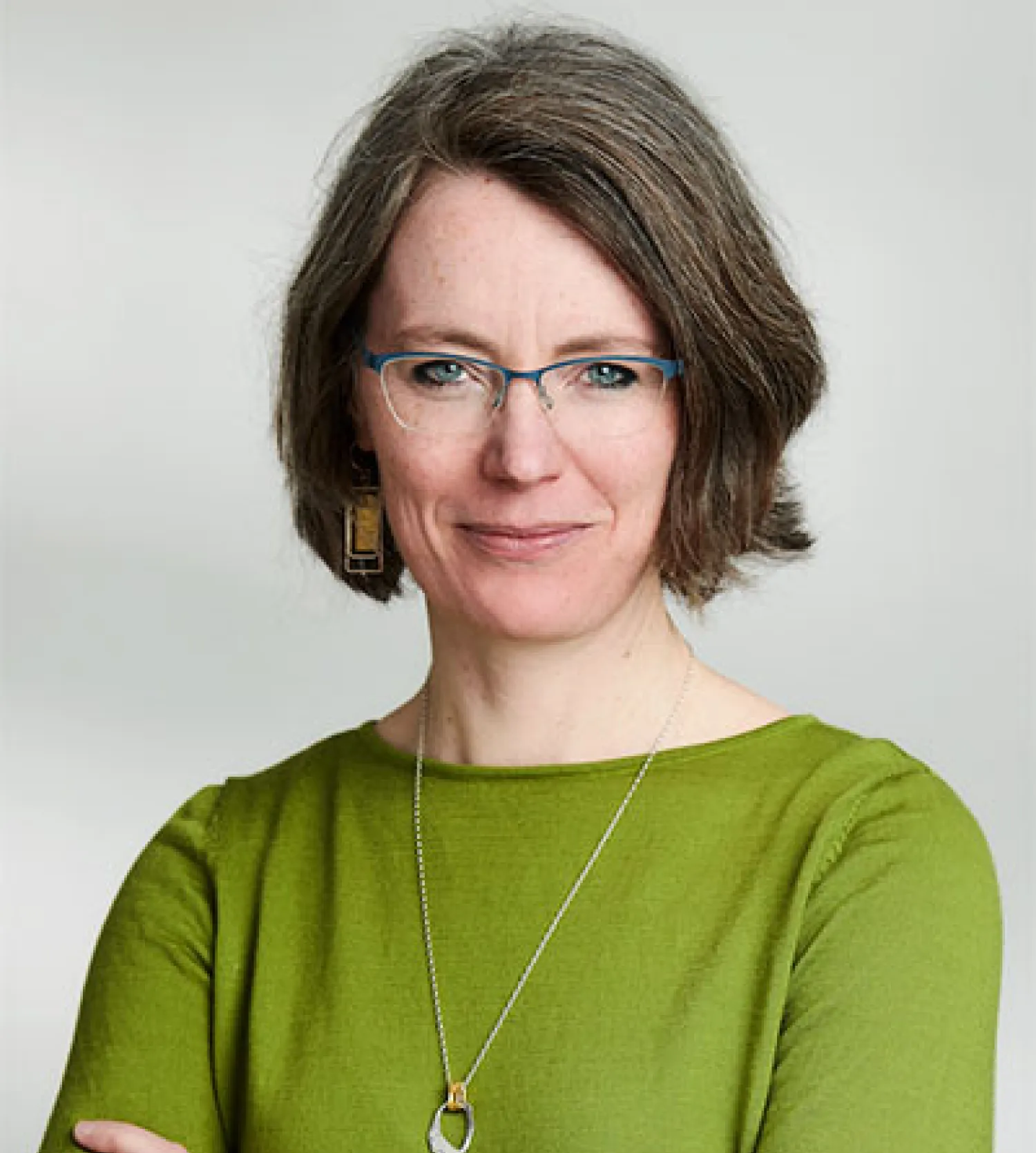Can you tell us a little about your role?
In DPIR, my core role is to research and teach International Relations but also help run IR’s graduate programmes in my current role as Director of Research Training. I supervise DPhil and MPhil students, do classroom teaching, including on the core IR MPhil course, and my methods option paper, Historical and Interpretive Methods. I’m probably most energised at work when I’m in the classroom.
What inspired you to become part of DPIR?
I have always admired the extent to which Oxford IR attempted to maintain intellectual and methodological pluralism, retaining the field’s strong intellectual roots in History. I also liked that DPIR was a department of politics and international relations, recognising the important distinction as well as overlap and synergies between these fields, especially Political Theory. I was also excited to take a professorship that was associated with lovely Somerville College.
Can you tell us more about your research?
For the last several years, I’ve worked on a collaborate and interdisciplinary project, Women and the History of International Thought (WHIT) with Kim Hutchings and Katharina Rietzler, generously funded by the Leverhulme Trust. We rewrote the Anglo-American history of IR and helped establish the new field of women’s international thought, winning six book and article awards from four professional associations across three fields.
Can you tell us more about the motivation behind your most recent book: Erased: A History of International Thought Without Men (2025) and its impact so far?
Erased is the culmination of my work on the WHIT Project. To date, the history of international thought has largely been without women. This obviously required a major correction. Erased is a feminist intellectual history set in Britain in the twentieth century. It follows a cohort of women drawn to what was a new subject, and who thought deeply about relations between peoples, empires and states. Erased is not only a history of these women, but also of how they were later erased from intellectual histories. It’s both a recovery history and a critical history of an intellectual field still grappling with its identity and subject matter.
What advice would you give to prospective DPhil politics students – particularly women seeking a career in academia?
It’s a privilege to do graduate work at university and make a career in academia. But there are serious structural and personal challenges to being a woman PhD student, and women seeking academic careers should take those seriously. The higher education sector is facing a series of crises: financial, culture wars, far right attacks on EDI and academic freedom. Women face a lack of representation (especially queer, trans, PoC, disabled women), sometimes imposter syndrome, sexual harassment and/or racism, gendered expectations and invisible labour, intellectual and methodological gatekeeping. But there is hope and organising among students and faculty, peer support, collaboration, unions, advocacy, finding your people, all these storied ways of acting in the world.
What message do you have for undergraduates currently considering applying to Oxford? How can we ensure that Oxford is welcoming to applications from students at non-selective state schools?
Do it! Apply! Oxford is changing and there is a place for you here. Apply to Somerville!
Oxford is welcoming to students from non-selective state schools, but we need to do more, but so does the government. The fundamental problem – massive educational inequalities in Britain - can’t be fixed by the university. Oxford can do more outreach and early engagement; use more contextual admissions, more training for admitting tutors, and re-evaluate admissions tests. More fundamentally, the government needs to eliminate child poverty, invest much more funding into schools, abolish grammar schools, the only ways to address the vast educational inequalities that have always existed in this country.
Erased: A History of International Thought Without Men (Princeton, 2025)



